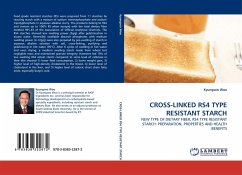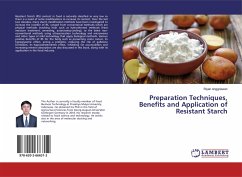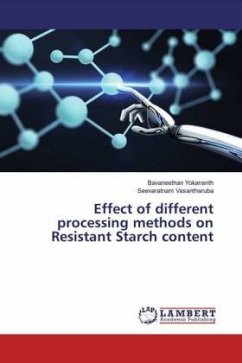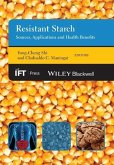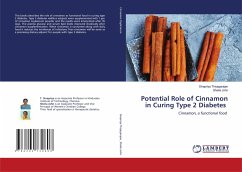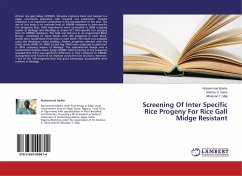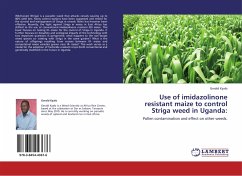Food grade resistant starches (RS) were prepared from 11 starches by reacting starch with a mixture of sodium trimetaphosphate and sodium tripolyphosphate in aqueous alkaline slurry. The products belong to RS4 and contain up to 100% RS when assayed with the total dietary fiber method 991.43 of the Association of Official Analytical Chemists. The RS4 starches showed low swelling power (3g/g) after gelatinization in excess water. Reversibly swellable distarch phosphates with medium swelling power (4-12g/g) were also prepared by pre-swelling of starch in aqueous alkaline solution with salt, cross-linking, purifying and gelatinizing in hot water (95°C). After 6 cycles of swelling in hot water and oven drying, a medium swelling starch made from wheat lost negligible mass and maintained granule integrity. Hamsters fed 10% of low swelling RS4 wheat starch compared to same level of cellulose in their diet showed 1) lower feed consumption, 2) lower weight gain, 3) higher level of high-density cholesterol in the blood, 4) lower level of cholesterol in the liver, and 5) higher level of colonic short chain fatty acids, especially butyric acid.

